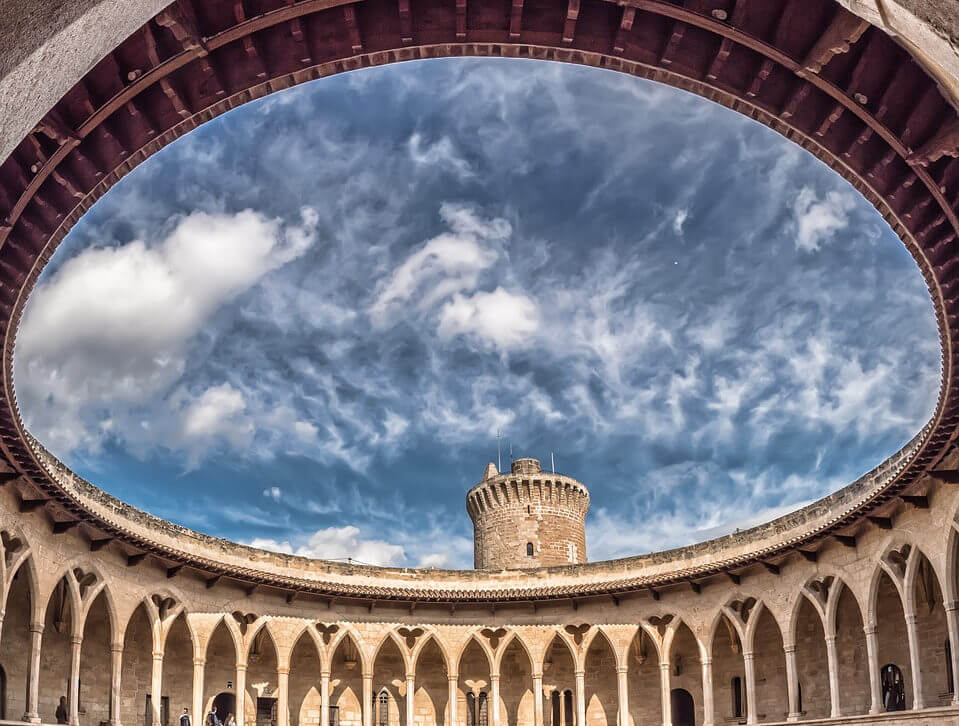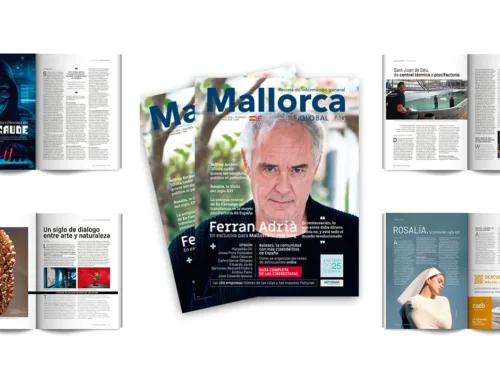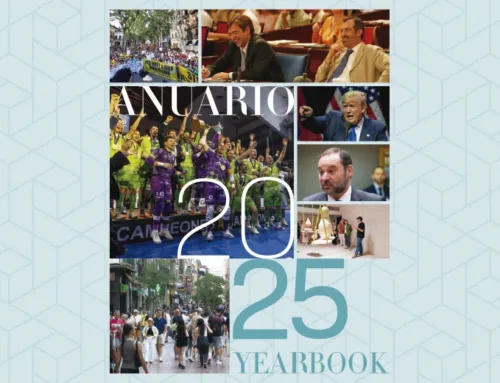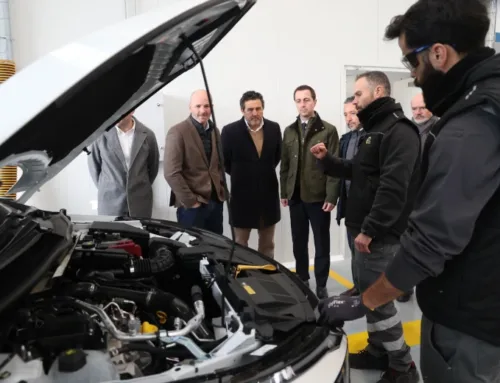The Impulsa Balears Foundation urges the Balearic Islands to develop a circular tourism system in a recent report. Its technical director, Antoni Riera, assures that “it is time to maximize the economic recovery opportunities of the Balearic archipelago. It is necessary to interpret the major trends that will mark the post-covid scenario: circularity, digitization, sustainable mobility, decarbonization ”. And his proposal is clear: to facilitate and accelerate the transition from the regional tourism system to a circular tourism system and thus reposition the archipelago as the world’s first circular tourist destination.
What is the circular tourism system?

According to the report “Laying the foundations of the post-covid scenario” by Impulsa Balears, the Circular Tourism System is “the result of a comprehensive transformation strategy to favor the transition of the regional tourism system towards the notion of circular economy”. Notion that raises a production and consumption model in which existing materials and products are shared, repaired, renewed, reused and recycled whenever possible, creating added value.

Antoni Riera.
The circular tourist system in the Balearic Islands
Impulsa Balears assures in its report that the islands “have everything going for them to consolidate their leadership as a circular tourist destination in the coming years.” And in addition, they focus attention on the concrete by providing several proposals:
- Saving and energy efficiency: It focuses on improving the energy efficiency of buildings. According to the report, improving energy efficiency is cheaper than constructing new buildings.
- Urban enclaves: Zoning is presented as a crucial tool when creating an ecologically, socially and economically sustainable environment. To achieve urban enclaves built with low emissions, the report points out that action could be taken on passenger transport, the carbon footprint of construction materials, vertical and horizontal gardens and the increase in forest area.
- Responsible companies: The report suggests a joint purchasing model, following circular models, and facilitating circular procurement projects. The circular tourism system requires companies strongly committed to the development of pilot projects and good sustainable practices.

- Textile waste: What if we fostered an industrial-scale chemical recycling start-up for used textiles? The foundation asks this question, since globally, only 1% of textiles are recycled. The objective would be to give a longer and more useful life to the textiles of a hotel (sheets, towels …). And at the same time, create local jobs in a circular economy.
Lead the change
Faced with this opportunity to consolidate the leadership of the Balearic Islands as a circular tourist destination, “it is not about altering the DNA of the community, but about enriching it with a more technological and sustainable accent,” explains Riera, as well as advancing “from who we are”: an economy of highly specialized tourism. “The current moment is extremely difficult, but the opportunity before us is extremely strong and we are trying to take advantage of it,” she says.







Leave A Comment